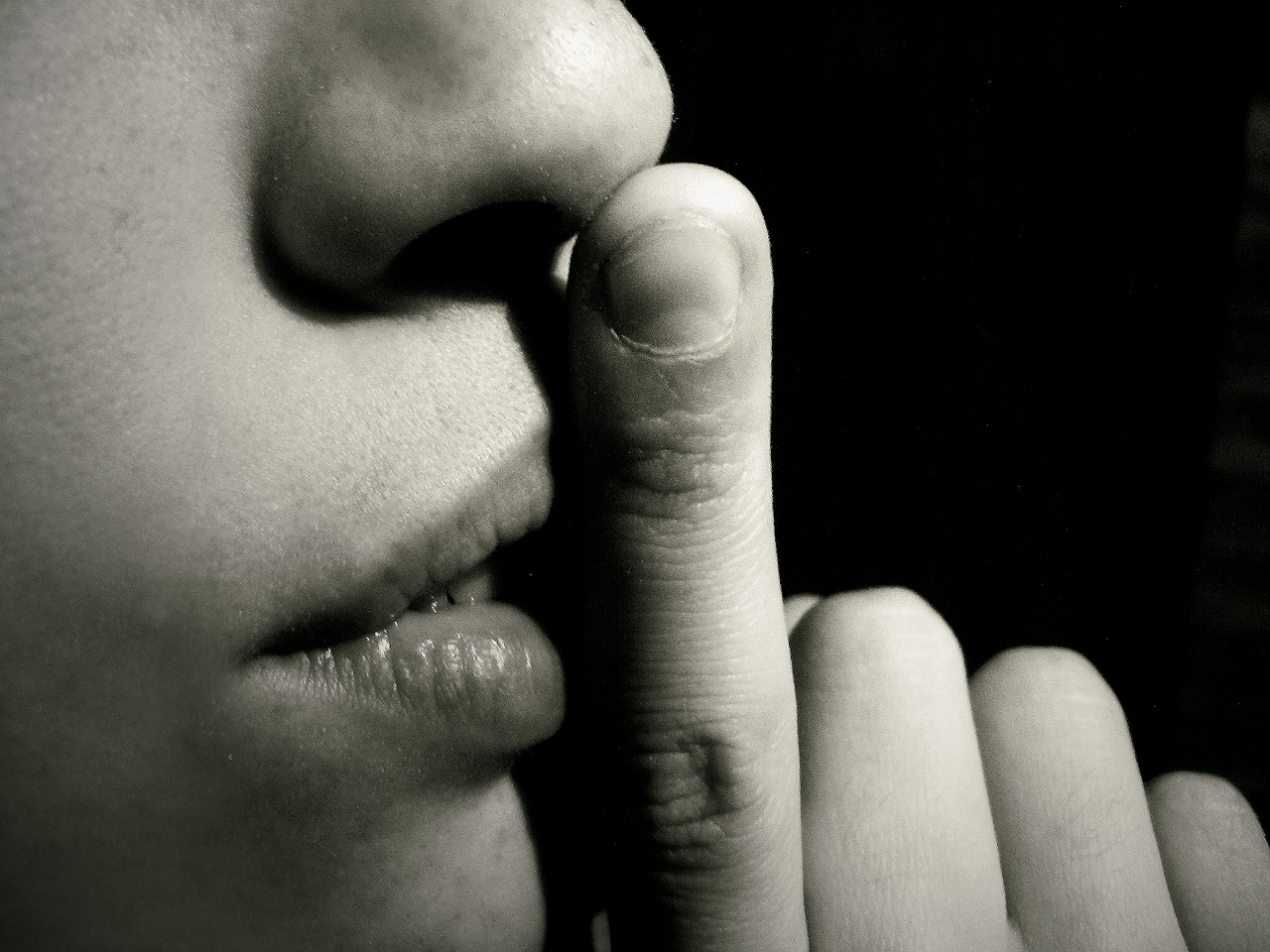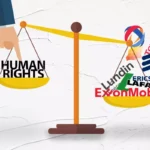If there be time to expose through discussion the falsehood and fallacies, to avert the evil by the processes of education, the remedy to be applied is more speech, not enforced silence. – Justice Louis Brandeis
A cold war run is running between the judiciary and executive of Bangladesh. When the former Chief Justice of Bangladesh, S. K. Sinha, spoke in at the inaugural ceremony of a new academic department – Land Law and Management at the Jagannath University about the rights and privileges of the judicial officers, Anisul Huq, Law Minister of Bangladesh, retorted by saying that “the chief justices in other countries do not talk much in public”. How far a judge maybe publicly vocal is now one of the most debatable issues. This debate reminds us of the conflict between the proponents of the theory of extrajudicial speech and extrajudicial silence over the extrajudicial activities of judges.
The proponents of extrajudicial silence theory, i.e. William G. Gross, Susan Bartie, John Gava, etc. strongly believe that a judge should not speak about a pending case. They argue that it was the finest approach to convey to people a judge’s commitment to justice. It is furthered that extrajudicial speech may affect general perception regarding the court’s credibility. William G. Ross, a Professor of Law of Cumberland School of Law said that the judges should avoid explaining or defending their judgments, even if their critics have ignited a firestorm of hostility. Prof. Ross continued that the judges should especially avoid any public statement that might materially hamper the proceedings pending or impending in a court.
Under the theory of extrajudicial silence, a judge should not speak about pending cases irrespective of their involvement in the same. They were even advised not to talk about cases after matters were resolved. The advocates of this theory argue that speaking about a case increases the possibility of being misquoted. They have also said that judicators should also be careful in any form of public speech and receiving gift, bequest, favor or loan. They urge that a judge should not attend as a speaker or guest of honor at any fundraising event. However, they may attend ordinary social hospitality events, given that if there are any admission fees, unless the organizing authority waives it, they must pay the fee themselves and should never allow any lawyer or other person to pay for it on his behalf. These arguments can be taken into consideration in making a comprehensive Ethical Code of Conduct of Judicial Officers of Bangladesh.
The advocates of extrajudicial speech, i.e. Luis Brandis J, Stephen J. Fortunato, J. Clark Kelso, Erwin Chemerinsky, etc. contradicts that silence makes the judges defenseless at the time of unwarranted criticisms. They argue that silence may strengthen the supposition of the critics, which ultimately diminished people’s confidence in the judiciary. They further argue that the tradition of judicial non-response to criticisms hinders the independence of the judiciary. Professor Chemerinsky has argued that the judges can speak if their speech does not hamper fairness of the proceedings. He maintains that speeches by judges allow the public to perceive them in a more humane light. The proponents of extrajudicial speech support that though it is not the duty of the judges to build public confidence over the judiciary by extrajudicial activities, such activities enhance people’s trust over the court. They also argue that a judge has the right to defend himself against criticism as long as his response does not impede the judicial proceedings. They say that it is not wise for the arbitrators to be isolated from society. This is because extrajudicial activities help their integration in the society and further public understanding about courts, judicial officers, and judicial proceedings, which in turn build people’s trust and confidence over the judiciary.
However, the proponents of both theories acknowledge the significance of silence in certain circumstances. They also agree that absolute separation of a judge from extrajudicial activities is not possible and a judge should not be deprived of talking about their health and safety, the wellbeing of their respective families, fellow colleagues or other judicial personnel. As absolute silence restricts the judges from attending public lectures, it also deprives the most qualified tutors, judges, to explain fundamentals of judicial proceedings and high visibility cases.
Earlier it was thought that judges should not attend public functions and speak in front of media. They were encouraged to live an isolated life. Even they were not allowed to respond to criticism. It was thought that extrajudicial speech and activities are detrimental to the judiciary. This notion was changed over time. For example, the American Bar Association’s Model Code of Judicial Conduct in 1990 discourages judges’ extrajudicial speech and activities. However, silence is not proved effective in response to false and unnecessary criticisms and unjust attacks. Which is why the latest American Bar Association’s Model Code of Judicial Conduct in 2007 allows extrajudicial speech and activities. This code is based on the motto that judges can no longer depend on extrajudicial silence as an effective means to keep on judicial dignity. It encourages judges to participate in social and public functions to enhance the mass perception and trust over the judiciary. Yet, it is important that judges remain careful and cautious with extrajudicial speech and activities so that controversies cannot emerge.













No Comments
Leave a comment Cancel